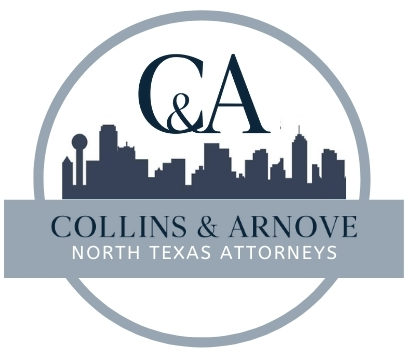Many uncertainties go along with filing for bankruptcy. How much is life about to change? The process can be complex and confusing, and many misconceptions exist when it comes to bankruptcy.
What happens to the filing party’s house and car? Do they lose these possessions, or can they maintain ownership and possession of them throughout the process?
Type of Bankruptcy Filed
What happens to the filing party’s possessions depends on the type of bankruptcy filed. In Chapter 7 bankruptcy, any of the filing party’s assets that are not connected to a debt are known as unsecured debts, and these are essentially liquidated.
In Chapter 13, the debtor works with the bankruptcy trustee to create a repayment plan that helps bring down the debts before they are liquidated. Chapter 7 Bankruptcy and the House Debtors in Chapter 7 bankruptcy cases are able to keep their house under two specific conditions:
- At the time of filing, they are current with mortgage payment or have recently gotten through a loan modification process; and
- The laws in the state allow the debtor to protect or exempt the equity they have in the home.
The hope is that giving the debtor relief from other debts, like credit card bills or other obligations, the bankruptcy process will free up money which will help the debtor keep up with making mortgage payments.
However, if, by the time the debtor has gotten to the bankruptcy filing, he or she is already behind on mortgage payments, the possibility of him or her losing the house is high.
The debtor will not be kicked out immediately of the home, but he or she will stay in the home while the bank forecloses on the property. If the foreclosure sale price is lower than what is owed on the mortgage, the remaining debt is then discharged in bankruptcy.
Chapter 13 Bankruptcy and the House
If the debtor is behind in mortgage payments at the time of filing for bankruptcy, Chapter 13 is often a viable option.
Under this type of bankruptcy filing, the court approves a plan created between the debtor and bankruptcy trustee that allows the debtor to repay the past-due mortgage payments over a three to five-year period while making current payments on top of them.
If both types of payments are being made, the home cannot be foreclosed upon. This situation works well for the debtor if he or she wishes to stay in the home and remain in it once bankruptcy is finished.
Chapter 7 Bankruptcy and the Car
Just like with a house in Chapter 7 bankruptcy, the debtor can keep his or her car if the debtor is current with loan payments or the car is paid off.
Many drivers are able to keep making payments on the car loan after filing for bankruptcy, but if the person is not able to do this, the creditor could repossess the car.
Many times, people are upside down on their car obligations, meaning the debt is higher than what the car is worth. In these situations, if the car is worth less than what is owed on it, the debtor can ask the court to let him or her “redeem” the car by paying a lump sum for its value.
Another option is for the debtor to surrender the car, meaning the debt owed on it will be wiped out in the bankruptcy process.
Chapter 13 Bankruptcy and the Car
If the debtor is behind on the car loan at the time bankruptcy is filed, the Chapter 13 process could be the perfect way for that person to keep the car while catching up on past due payments.
Many are successful in stretching out the car payments over a longer period than the original loan obligation. If the car is old enough, the debtor may even be able to work out a deal where the balance can be lowered on the principal, thus lowering the interest rate associated with it.
The bankruptcy trustee can be helpful in coming up with a plan that works out well with the debtor and his or her current financial situation.
Contact Collins & Arnove Today
Facing a bankruptcy can be an intimidating process. We are here to walk you through it every step of the way. If you need assistance, Collins & Arnove can help you. To learn more, call 972-516-4255 for a free consultation.
